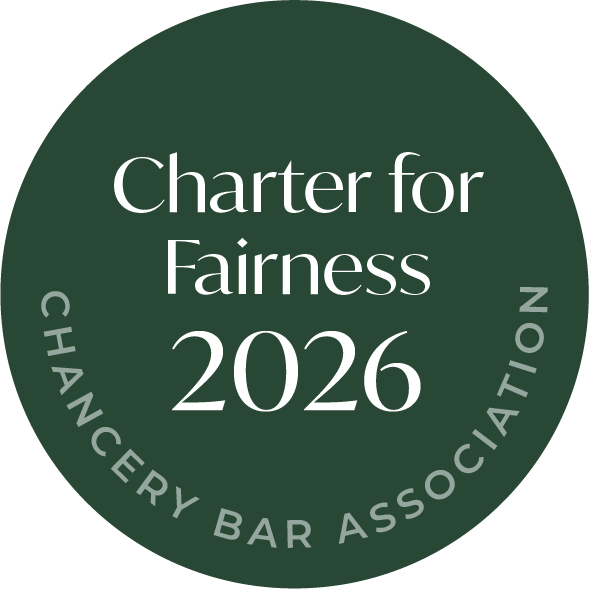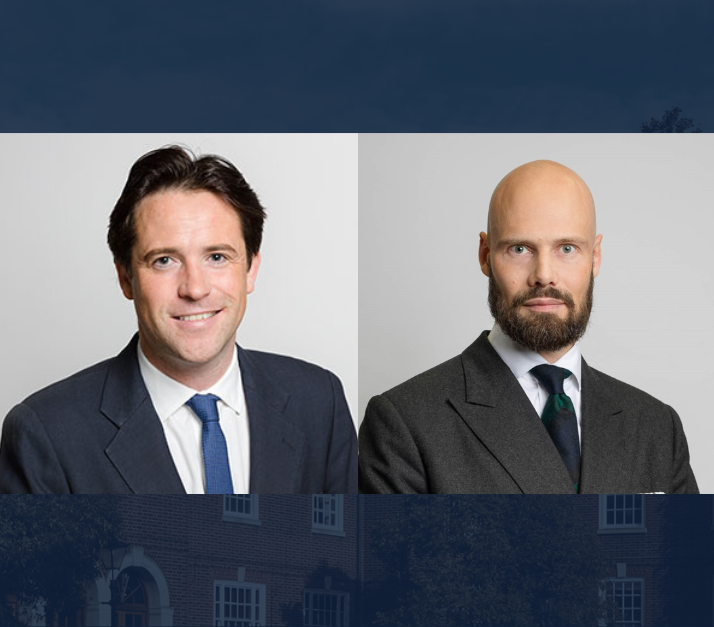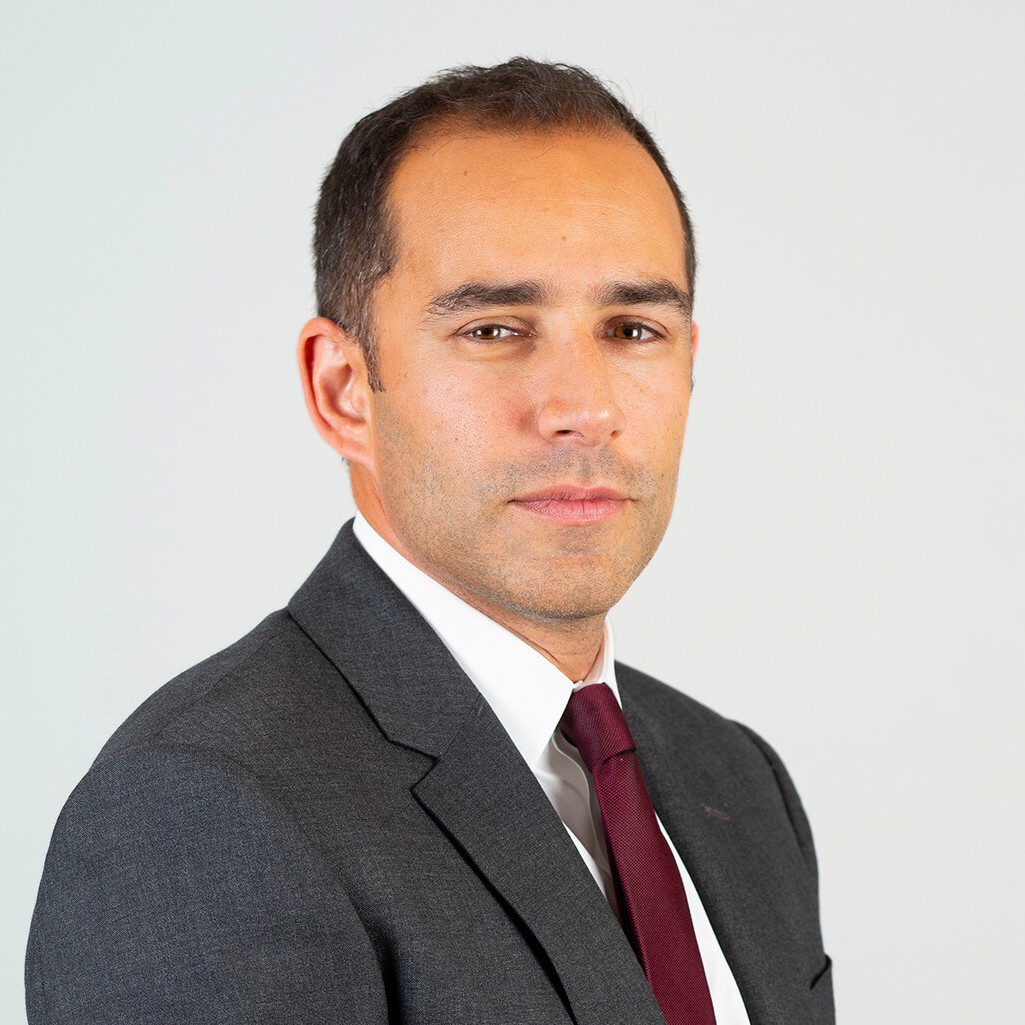
LA Micro Group Inc (“Inc”) agreed to transfer its 51% beneficial interest in each of the two issued shares in LA Micro Group (UK) Ltd (“UK”), to their respective legal holders David Bell (“Mr Bell”) and Arkadiy Lyampert (“Mr Lyampert”).
Inc and Roman Frenkel (“Mr Frenkel”; together the “Appellants”) argued that this agreement was ineffective because of the lack of signed writing under section 53(1)(c) of the Law of Property Act 1925. The Court of Appeal ([2023] EWCA Civ 214; [2024] Ch 1) rejected that claim because it held that the agreement gave rise to a VPCT which displaced section 53(1)(c) by virtue of section 53(2).
In the Supreme Court, Inc and Mr Frenkel argued that there could be no VPCT because the purchasers (Mr Bell and Mr Lyampert) were the sole trustees of the shares as respective legal owners, and were already the holder of the rest of the beneficial interest in the share other than that agreed to be sold.
They contended that the agreement for such a sale was in substance just an agreement for the destruction of the vendor’s equitable interest, so that there was no property to be transferred upon which a VPCT could bite.
The Supreme Court (Lord Briggs, with whom Lord Hodge, Lord Sales, Lord Burrows and Lord Richards agreed) disagreed with the Appellants, and dismissed their appeals.
A VPCT arose on the facts because the subject matter of the agreement was Inc’s beneficial interest in the shares in UK. This interest was not, even if being surrendered or released, in substance to disappear. It was to become part of Mr Bell’s and Mr Lyampert’s beneficial ownership of UK.
The VPCT was the mechanism by which Inc’s equitable interest in the shares in UK reached Mr Bell and Mr Lyampert. At that stage, their status as sole trustees of each share led to the result that the equitable interest merged in the legal title.
A copy of the Supreme Court’s judgment can be found here.
Oliver Hyams acted for the successful First and Second Respondents, led by Andrew Twigger KC and Paul Strelitz.

![NEW DECISION OF THE COURT OF APPEAL – Midland Premier Properties Ltd & Anor v Doal & Ors [2026]](https://southsquare.com/wp-content/uploads/2025/06/matthew-henry-VviFtDJakYk-unsplash-scaled-e1750083975207.jpg)
![New Judgment: CM Telecom (UK) Ltd v Buck [2026] EWHC 161 (Comm)](https://southsquare.com/wp-content/uploads/2025/06/tingey-injury-law-firm-DZpc4UY8ZtY-unsplash-scaled-e1750759105761.jpg)


![New Judgment – Henderson & Jones Limited v Tysers Insurance Brokers Limited [2025] EWHC 3155 (Comm)](https://southsquare.com/wp-content/uploads/2025/06/alejandro-pohlenz-gYbOFTwcJx4-unsplash-scaled.jpg)

![New Judgment: Re Eversholt Rail (365) Limited [2026] EWHC 101 (Ch)](https://southsquare.com/wp-content/uploads/2023/07/AdobeStock_334844505-scaled-e1691401199932.jpeg)

![Judgment Hand Down: Grosvenor Property Developers Limited (in liquidation) v Portner Law Ltd No. 2 [2026] EWHC (Ch)](https://southsquare.com/wp-content/uploads/2025/06/matthew-henry-VviFtDJakYk-unsplash-scaled-e1750083975207.jpg)




